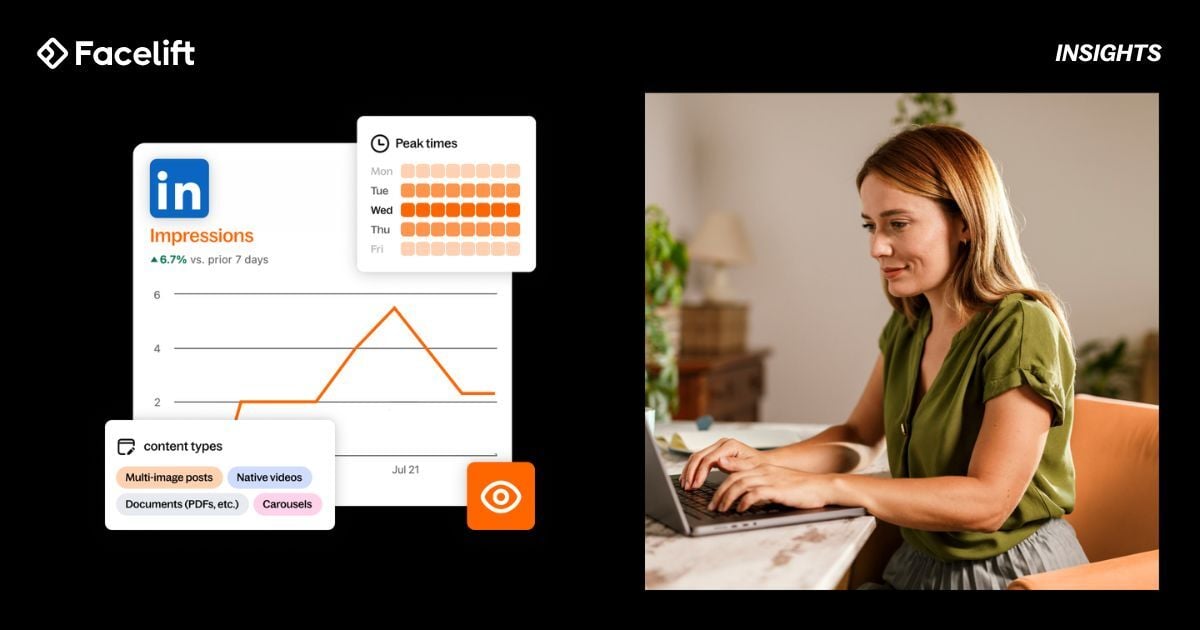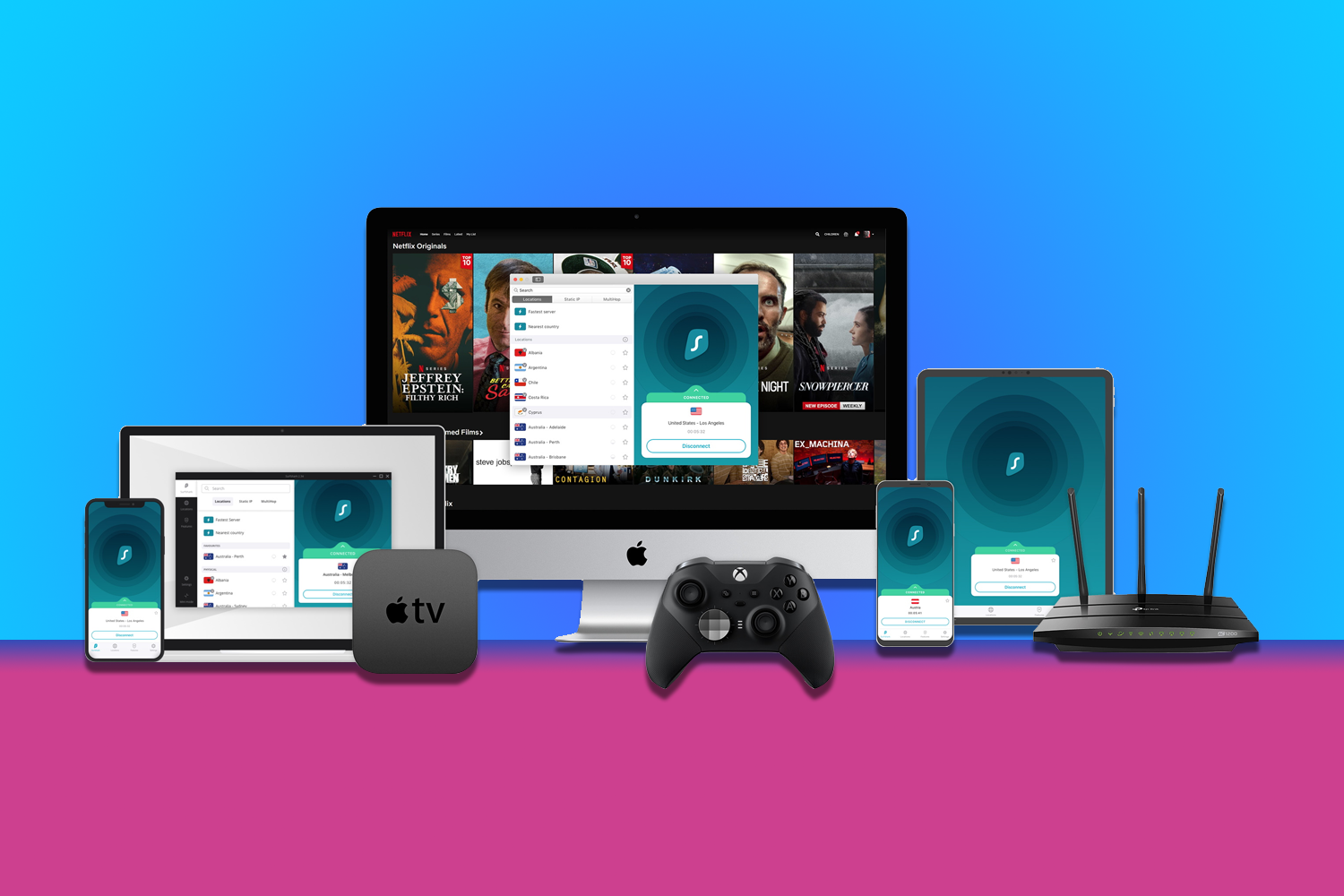In this year’s Digital News Report, the Reuters Institute buried a fascinating stat amid the usual handwringing about TikTok and the decline of traditional media: Nearly 15% of Gen Z is now getting their news from AI tools such as ChatGPT.
No, not news about AI. News from AI.
Yet it took an Agence France-Presse report last week to really bring this subtle but seismic shift into our news cycle. The AFP piece highlighted findings from a major global survey showing that growing numbers of people — especially younger audiences — are turning to AI chatbots like ChatGPT for their daily news updates.
From where I sit, I see this as a foundational moment, one in which users start treating large language models including ChatGPT, Gemini and Claude as trusted explainers — asking, “What’s happening in Gaza?” or “Why did the Fed pause hikes?” It isn’t hyperbole to say that this may be the moment — or at least the beginning of a series of moments — where traditional gatekeepers lose more than traffic. They lose relevance.
And here’s the part that’s being missed in the coverage on all of this: If young people are already trusting AI to deliver world events, it’s only a matter of time before they trust it to deliver something more personal, like a lawyer.
We’re not talking distant-future, sci-fi speculation. We’re talking about the near-term consumer behavior shift that will define how professional services are discovered, filtered and selected in the next 12-24 months.
AI, the new UX layer
Think of it this way: LLMs are rapidly becoming a UX layer on top of human expertise. They’re compressing complexity, stripping jargon and generating natural-language answers that feel more “human” than many actual humans. Combine that with personalization, fine-tuning and soon multimodal memory — and suddenly the chatbot becomes not just an explainer, but a concierge.
What’s an obvious use case for that dynamic? Legal advice.
Ask any 22-year-old what they’d do if they got rear-ended by an uninsured driver. Many won’t search Google for a personal injury lawyer. They’ll open an AI app and type something like: “What do I do if I get hit and the other driver doesn’t have insurance in Florida?” They’re not necessarily looking for a statute. They’re looking for clarity. Empathy. A next step.
That prompt isn’t the start of a search. It is the search.
If the AI answers clearly and concisely, it becomes the user’s first trusted interface with the legal system. And from there, the AI can suggest a relevant firm, link to an intake form, or route the user directly to a booking calendar. In short: LLMs are going to become high-intent lead gen machines for lawyers, doctors and every other professional who’s historically relied on SEO, referrals or Google Ads.
The coming sea change for professional services
The shift from “search engine” to “answer engine” has been discussed for years. But we’re now watching it happen in real time — and professional services aren’t ready.
Legal services in particular have long been immune to disruption because they’ve hidden behind regulatory insulation, geographic moats and old-school word-of-mouth. But the AI layer doesn’t care about any of that. A good LLM doesn’t need to know your bar number — it just needs to know how people ask legal questions and what a competent, jurisdiction-specific answer should sound like.
That’s why some law firms are already building their own GPTs — custom-trained legal assistants that sit natively on their websites and handle intake. Others are feeding vector databases with cleaned verdicts, client FAQs and state-specific procedures to make their firms “AI-readable” in the next wave of query-routing tools.
The ones thinking a step further are trying to get inside the models — via licensing deals, training partnerships or API-driven apps that plug directly into platforms such as ChatGPT’s GPT Store.
Because let’s be honest: If your law firm doesn’t show up in the AI’s output, you’re invisible to the next generation of clients.
Yes, there are concerns — about hallucinations, bias and opaque decision-making. The Reuters report notes that many users still think AI makes news less trustworthy. But here’s the thing: they use it anyway.
Just like they use influencers they don’t fully believe, or platforms they know are tracking them. In the tradeoff between frictionless utility and idealistic purity, utility almost always wins.
And to the skeptics who argue that people won’t trust a bot with something as serious as finding a lawyer, remember: People already trust bots with something more serious — their health. From symptom checkers to AI-powered second opinions, the healthcare space has embraced LLMs faster than nearly any other sector. Law will follow.
Introducing, vertical-specific copilots
If you’re building in the AI space, this is the next great interface opportunity: vertical-specific copilots for decision-making in high-stakes, high-trust domains.
Let that sink in — legal, medical, financial. Not just generalist tools, but deeply trained advisers built on real data, validated expertise and intuitive UX. And if you’re a law firm — or any other professional service provider — it’s time to stop thinking of AI as just another marketing tool. It’s about to become your first impression.
We are entering the “unbundling of expertise.” Not the end of professionals, but the end of finding professionals through slow, analog pathways. In their place: real-time, language-based interfaces that shortcut years of institutional inertia.
AI isn’t here to take your lawyer’s job — it’s already taking your client’s attention. And in a business built on trust, attention isn’t just the starting point. It’s the whole game.
Aron Solomon is the chief strategy officer for Amplify. He holds a law degree and has taught entrepreneurship at McGill University and the University of Pennsylvania, and was elected to Fastcase 50, recognizing the top 50 legal innovators in the world. His writing has been featured in Newsweek, The Hill, Fast Company, Fortune, , CBS News, CNBC, USA Today and many other publications. He was nominated for a Pulitzer Prize for his op-ed in The Independent exposing the NFL’s “race-norming” policies.
Related reading:
Illustration: Dom Guzman

Stay up to date with recent funding rounds, acquisitions, and more with the
Crunchbase Daily.







